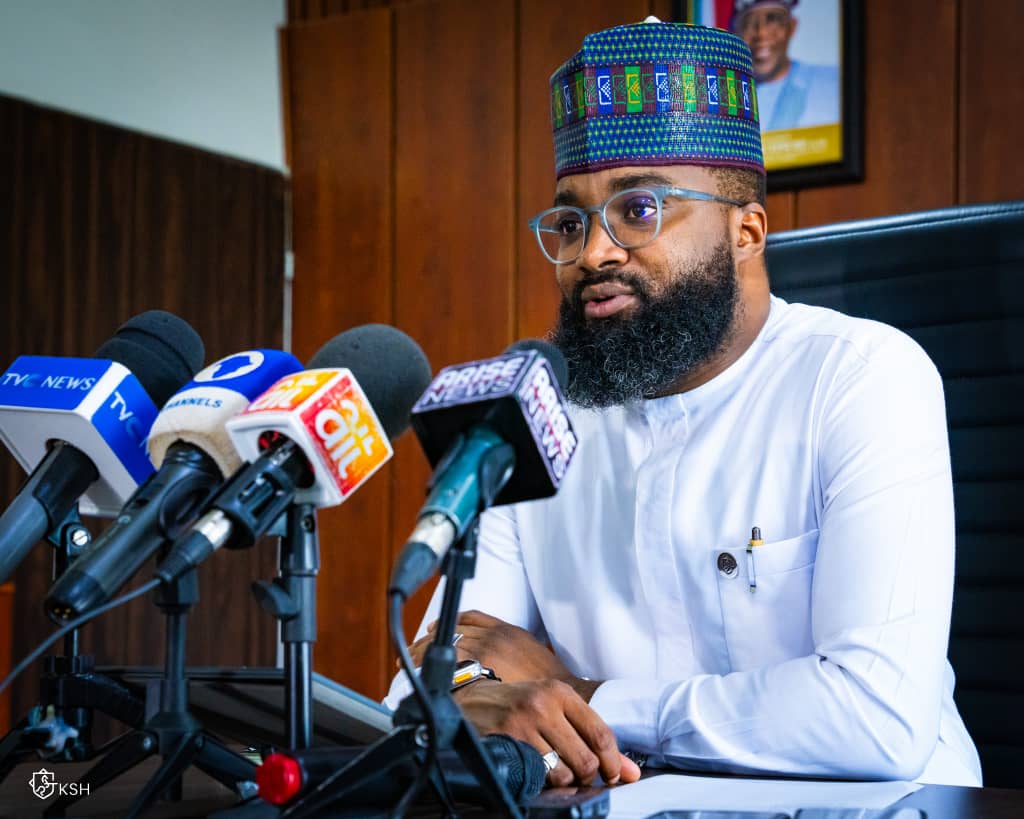President Bola Ahmed Tinubu has addressed the pressing issue of Nigeria’s education system. He criticized the prevalent culture of obtaining certificates without acquiring practical skills. This situation leaves many graduates unprepared for the job market.
The Urgency of Educational Reform
During a recent speech, President Tinubu emphasized the need for urgent reform in the educational sector. He stated that Nigeria’s youthful population must become a powerful economic force. Instead of being a liability, these young individuals should contribute positively to national development.
The President pointed out that many graduates possess academic qualifications but lack the necessary skills for employment. This mismatch between education and job requirements has led to high unemployment rates among young people. According to recent statistics, millions of graduates remain jobless, highlighting a critical gap in the system.
Tinubu called for a shift in focus from rote learning to skill-based education. He believes that education should prepare students for real-world challenges. By emphasizing practical skills, Nigeria can equip its youth with the tools they need to thrive in a competitive job market.
Furthermore, the President urged universities and vocational institutions to collaborate with industries. This partnership can help align curricula with the skills needed in various sectors. By engaging with employers, educational institutions can better understand the demands of the workforce.
Building a Skilled Workforce
In his address, President Tinubu also highlighted the role of technology in transforming education. He pointed out that embracing digital tools can enhance learning experiences. Online platforms and interactive learning methods can provide students with valuable skills that are in high demand.
Moreover, the President stressed the importance of lifelong learning. In today’s fast-paced world, the ability to adapt and learn new skills is crucial. Nigeria’s education system should promote continuous skill development beyond formal education.
The government has a significant role in facilitating this transformation. Tinubu proposed that public policies should support skill acquisition programs and vocational training. By investing in these initiatives, the government can create opportunities for young people to acquire practical skills.
In addition, the President called on private sector players to invest in training programs. Companies can play a vital role in mentoring young talents and providing internships. This collaboration can bridge the gap between education and employment, fostering a more skilled workforce.
In conclusion, President Bola Ahmed Tinubu’s critique of Nigeria’s ‘certificate without skill’ culture is a wake-up call for the nation. By prioritizing educational reforms and skill acquisition, Nigeria can harness the potential of its youth. A well-trained workforce is essential for driving economic growth and development. With collective efforts from the government, educational institutions, and the private sector, Nigeria can create a brighter future for its young population.




